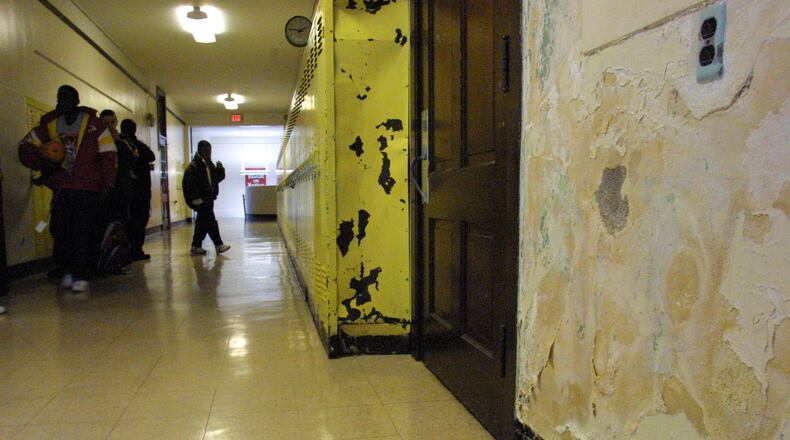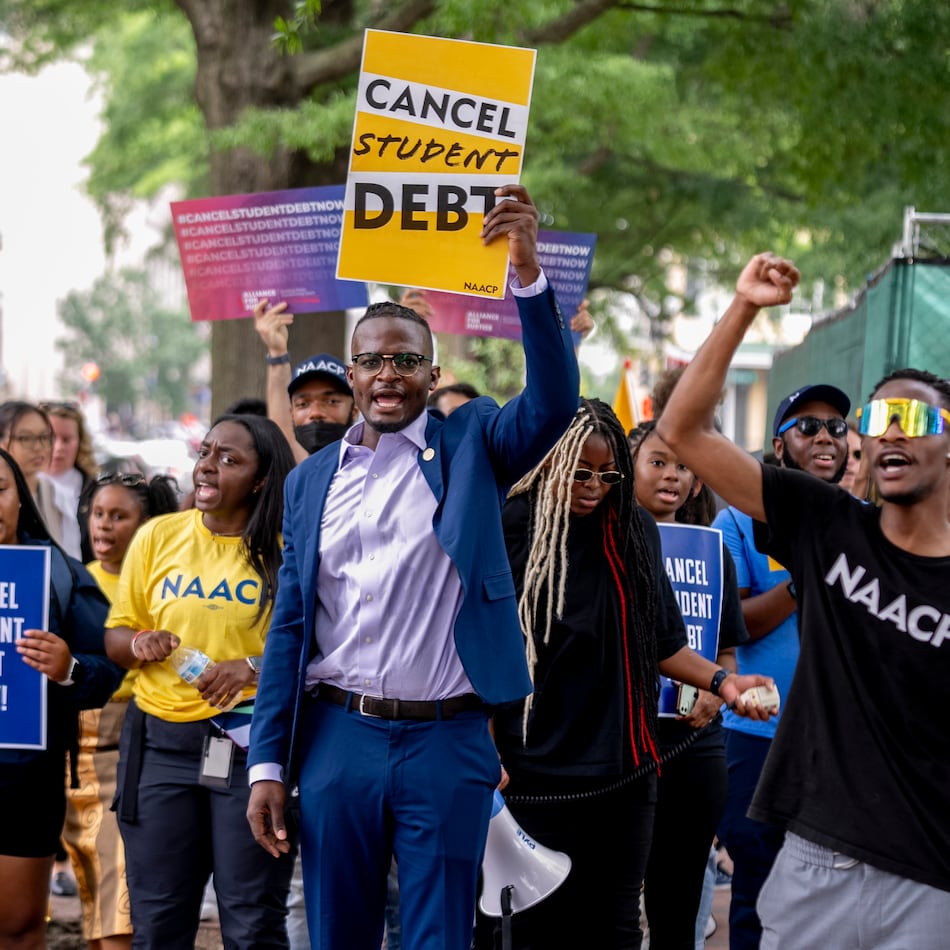University of Georgia education professor Peter Smagorinsky, a frequent contributor to the AJC Get Schooled blog, looks at teacher education and teaching conditions. He was prompted to respond to two recent pieces he read, one of them here on this blog.
By Peter Smagorinsky
Two education blog posts recently caught my attention. First, The Washington Post education blog reported how a Blistering report details abject dysfunction and dangerous schools in Providence, R.I., followed shortly by a report on how These details of the mess in Providence, R.I., public schools are sickening. Get Schooled then ran an essay by Walt Gardner on how the Miseducation of teachers [is] costly to [the] profession and students, in which he expresses the view that immersion in schools, rather than classes on university campuses that have a theoretical basis, provides the only worthwhile way to prepare teachers for the classroom. These stories were not written to be in dialogue with one another, but I think it's worth engaging with them together.
Before I begin, I need to clarify I’m not writing this essay to justify university teacher education programs. Like Gardner, I’m a former classroom teacher, he for 28 years in Los Angeles, me for 14 years in a both urban and suburban systems in the Chicago area. I’ve since spent 30 years in teacher education, first at the University of Oklahoma, and since 1998 at UGA.
On my way to the classroom I was enrolled first in a terrible teacher education program where I attended classes that had nothing to do with the assigned readings, and at the end of the course took multiple choice and true-false final exams, none of which prepared me for teaching. I then got accepted into a program at the University of Chicago that shaped my career in the classroom in very productive and important ways, so much so that I eventually returned to the program for my doctoral studies. I hope that the programs in which I have taught at Oklahoma and UGA have been more like the latter than the former. You’d have to ask my students how much they have valued the experience to know for sure.
With that brief background, I turn to the reports that prompted this essay. In 1991, Jonathan Kozol wrote Savage Inequalities, focusing on two school systems, one in affluent Winnetka on Chicago's affluent North Shore, the other in the ghettos of East St. Louis. The urban system's students lived in horrible poverty and unsanitary conditions, and the school facility was badly degraded and unsafe. The wealthy kids at New Trier High School in contrast went home to mansions after spending the day at the palatial, beautifully maintained building their community provided.
Nearly 30 years later, Kozol’s report sounds eerily similar to the account of the Providence schools in the Washington Post, which reports that “many teachers and students do not feel safe in their classrooms, principals struggle to lead and deteriorating school buildings have become health hazards. Most students, the report concluded, are not learning on grade level—or even near grade level. . .seasoned members of the [research] team broke into tears while visiting crumbling school buildings… rodents and asbestos were evident, along with lead paint ‘peeling in sheets’ from the ceiling and lead in the water, which was brown and stained the sinks.”
I'm not writing to specifically shame Providence. I began my career in education as a substitute teacher in Trenton, N.J., where similar conditions have recently been reported. Many urban school systems are trying to function in deteriorating, unsanitary facilities that are dangerous to everyone who enters them. It's a widespread crisis that can't be addressed without investing in the communities themselves so that they have hope founded on living in safe and sanity circumstances.
This hope requires confidence in public institutions such as schools, which themselves need to provide healthy enough environments for teaching and learning to be possible. And, yes, that means that taxation is involved, which I know will be the turnoff point for many readers of this essay.
Or perhaps we might urge education-minded billionaire philanthropists to abandon their insistence on pouring money into untested whims instead of investing in impoverished communities, so their residents have a better chance of building healthy lives enabled by an infrastructure that is secure and an environment that is unthreatening.
Teachers often take the fall when urban schools are found to be wanting. But when I read either Kozol’s book or the stories on Providence, I wonder, who on earth would take a job in such a setting? The reports document bad teaching and an ill-conceived curriculum. But what teacher with hopes of making a difference would want to spend the day fighting off rats, dodging crumbling ceiling tiles, fearing disease from the water supplies, and trying to teach kids whose main goal for the day is to get a meal to get them through the next few hours? Some do, and I admire them. But such discouraging conditions surely make these jobs very unappealing to the aspiring teacher.
The problem with schools, to Walt Gardner, is that teacher education programs are too theoretical. Instead of university classes, he argues teacher candidates need immersion in schools. I've written about the theoretical issue before, finding that theory alone is insufficient. But I've also argued that practice alone is insufficient. What matters is how the two work together for robust conceptions of effective teaching in particular settings.
What works at New Trier High School and what works in Providence are probably quite different, and a theory of teaching and learning can help account for why. For that reason I've argued that the idea of "best practices" and "high-leverage practices" is an illusion.
Rather, context makes all the difference in what works in classrooms, and also in teacher education. That’s a theoretical point that can help teachers see why immersion in one school does not necessarily enable them to replicate effective practices when they move to another.
Gardner writes with conviction that a major problem with schools is the alarming rate of teacher turnover, which he asserts “has several causes, but none as flagrant as the failure of schools of education to adequately prepare teachers for the realities of the classroom.”
Not so flagrant, in his view, are overcrowded classrooms that in many cases have more students than desks. Not toxic public rhetoric that produces negative perceptions of schools and the teaching profession, discouraging it as a career for many before they ever begin. Not low salaries that make other careers more appealing and secure. Not schools so poorly funded that many can’t afford to run a five-day week, or a full school year.
Not funding shortages that require districts to routinely "furlough" teachers; i.e., not pay them when they eliminate days from the schedule. Not a testing environment that undermines the potential for what Gardner calls inspired teachers to endure the challenges of the profession. This policy assumes all students, from Providence, Rhode Island, to Winnetka, Illinois, play on a level field and so can achieve the same test scores, and then blames teachers when they can't. Not the reduction of students and teachers to "data" upon which more policies can be built.
Not what the Providence reports calls schools “overburdened with multiple, overlapping sources of governance and bureaucracy with no clear domains of authority and very little scope for transformative change [that] paralyze action, stifle innovation, and create dysfunction and inconsistency across the district.” Not what the report says are schools “micromanaged by the city council, the school board and the mayor’s office.”
Not miserly support for special-education students and their teachers, or the absence of “social emotional help for students suffering from trauma” that often produces “suicidal ideation among students.” Not demands so great that teachers can’t possibly meet the needs of students with Individualized Education Programs designed to help them overcome their learning challenges, and few professional development opportunities to help teachers learn how to provide better accommodations.
No, it's bad teacher education that values theory over practice and fails to produce inspired teachers in 1-2 semesters of coursework and student teaching, which provides the immersion experience that Gardner believes doesn't happen.
I respect Gardner for having spent 28 years in urban classrooms. I find his analysis of the problems with schools, however, superficial and facile. There are at least 2,600 teacher education programs in the US, including the UCLA Graduate School of Education where Gardner served as a lecturer, each unique and mostly in a continual process of reformulation, all within the confines of external auditors whose priorities they must address.
It’s not possible to generalize across them to make grand claims that they do or don’t prepare teachers well, given the variation in faculty quality, resources, institutional setting, structure, and many other factors. What they can achieve is often overwhelmed by matters well out of their control, particularly the challenges that the public gives schools by funding them inadequately and then using them as scapegoats for all of society’s ills.
Yet, simplistic thinking is often at work in considering how to provide better educational experiences for students across the demographic and socioeconomic range. I don’t pretend to have a neat and pat answer and reject efforts to provide one. I’m sure teacher education could be better across the board. I’m also sure that unless conditions in communities and schools improve, it might not make much difference what we do in Colleges of Education.
Without a commitment to growing stronger, healthier communities and safe school environments, all the teacher education in the world will run aground on the harsh stones of reality that make education such an overwhelming challenge for so many schools and their teachers.
About the Author
The Latest
Featured




